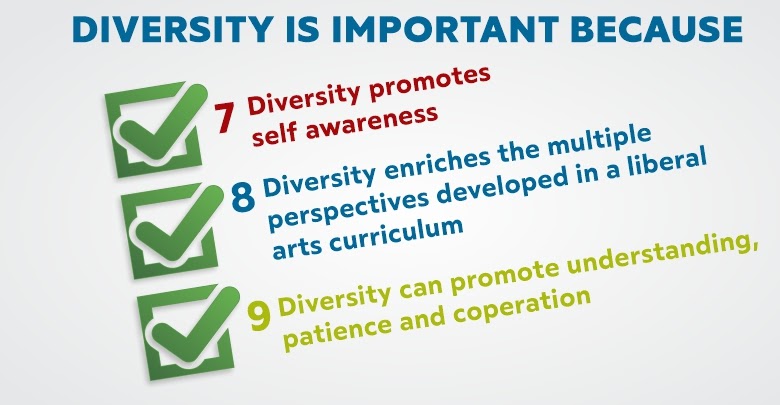values
-
Description: 1. Introduction Take 5 pieces of paper. If done in a group, each of the participants should have 5 pieces of paper. On a separate piece of paper, you need to write your name, hobby, role in the family, religion, and professional occupation. Name it can be your full name, only your first name, or what people call you.…
Read More » -
A skill that every trainer should possess, especially those leading significant change, is the ability to engage others in dialogue. The trainer who can create a safe space in which open, and honest communication is practiced, ultimately creates a cohesive group of increased trust, understanding, and shared meaning. An effective dialogue can be a pool of emotions, which can collectively…
Read More » -
Stephen Covey identifies the natural laws with human principles. In his book “the 8th Habit” he states that principles are like natural laws. They are universal – they transcend culture and geography. They are timeless, and they never change – principles such as fairness, kindness, respect, honesty, integrity, service and contribution. Different cultures may translate into different practices, nevertheless, they…
Read More » -
#values Description Being civically engaged means that you are standing up for something you believe in. If you want to make a change based on your beliefs it needs to start with yourself – firstly by understanding your values and beliefs and secondly by being aware of your goals and how everyday behavior reflect those values and beliefs. Your behavior…
Read More » -
https://elements.envato.com/thinking-of-something-V8C9GUN Increasing the personal awareness of your values is of utmost importance to understand the direction of your civic engagement and empowerment in society. In simplest terms, personal value is something that person values, one’s judgment of what is important in life, principles or standards of behavior on which basis your perceptions are built, and the decisions are done. Consciously…
Read More » -
Diversity awareness is one’s ability to embrace the uniqueness of all individuals along several dimensions such as race, religious beliefs, ethnicity, age, gender, physical abilities, political beliefs, a socioeconomic status. Diversity awareness skills extend beyond mere tolerance to encompass exploration of such individual differences, respecting them, and ultimately nurturing a healthy relationship with the individual despite the differences. With the…
Read More » -
Sometimes it could happen that we are challenged by a group in a training course and the following might happen for different reasons: 1. the content is not coherent with the need of the group, 2. the delivery of the session is not well adapted to the learning style of that group, 3. sometimes we are in a specific phase…
Read More » -
Introduction: One of the key factors in training is to be able to transfer knowledge and values in a learning process that has a kind of impact on the group of trainees. Doing training without thinking about the impact that this can have on the group of participants and how it is the best way to transfer the knowledge in…
Read More » -
Introduction: During training, it is very important to keep attention to the group flow, dynamics and feelings in a way to be able to adapt the contents and sometimes also the values prepared in advance. It is one of the principles of non-formal learning, keep the learners at the center of the process. Sometimes could be difficult to plan and…
Read More » -
Preparing a training course, seminar or any learning experience should be based on the learners’ needs and their interpretation. It is important for a trainer to identify the main ways and methods to identify learners’ needs and to be aware of the importance of doing this process to base the learning intervention on solid foundations. We can distinguish between “perceived”…
Read More »









